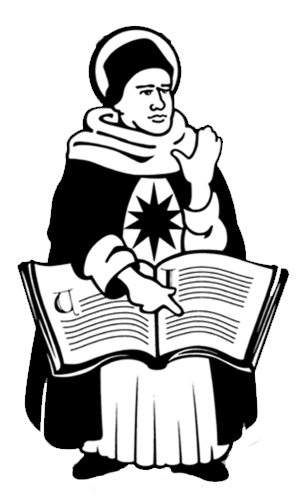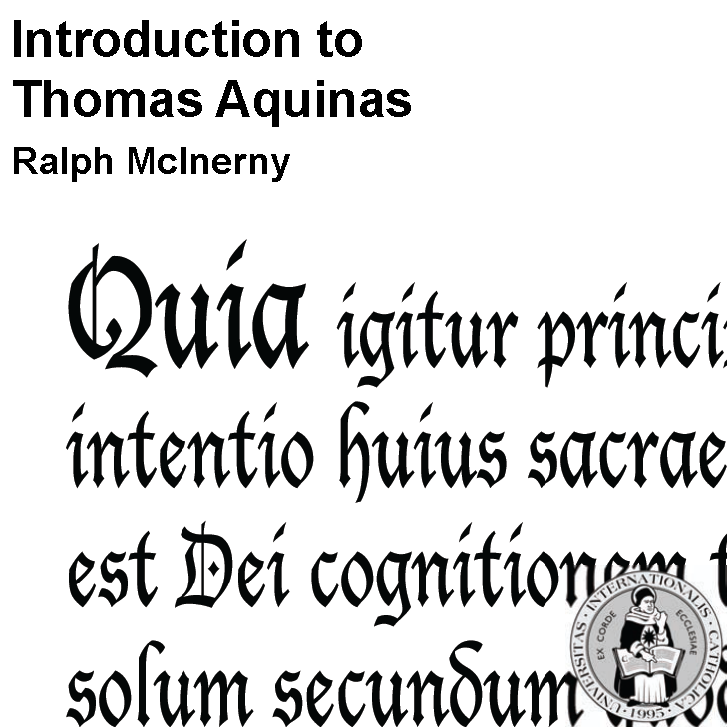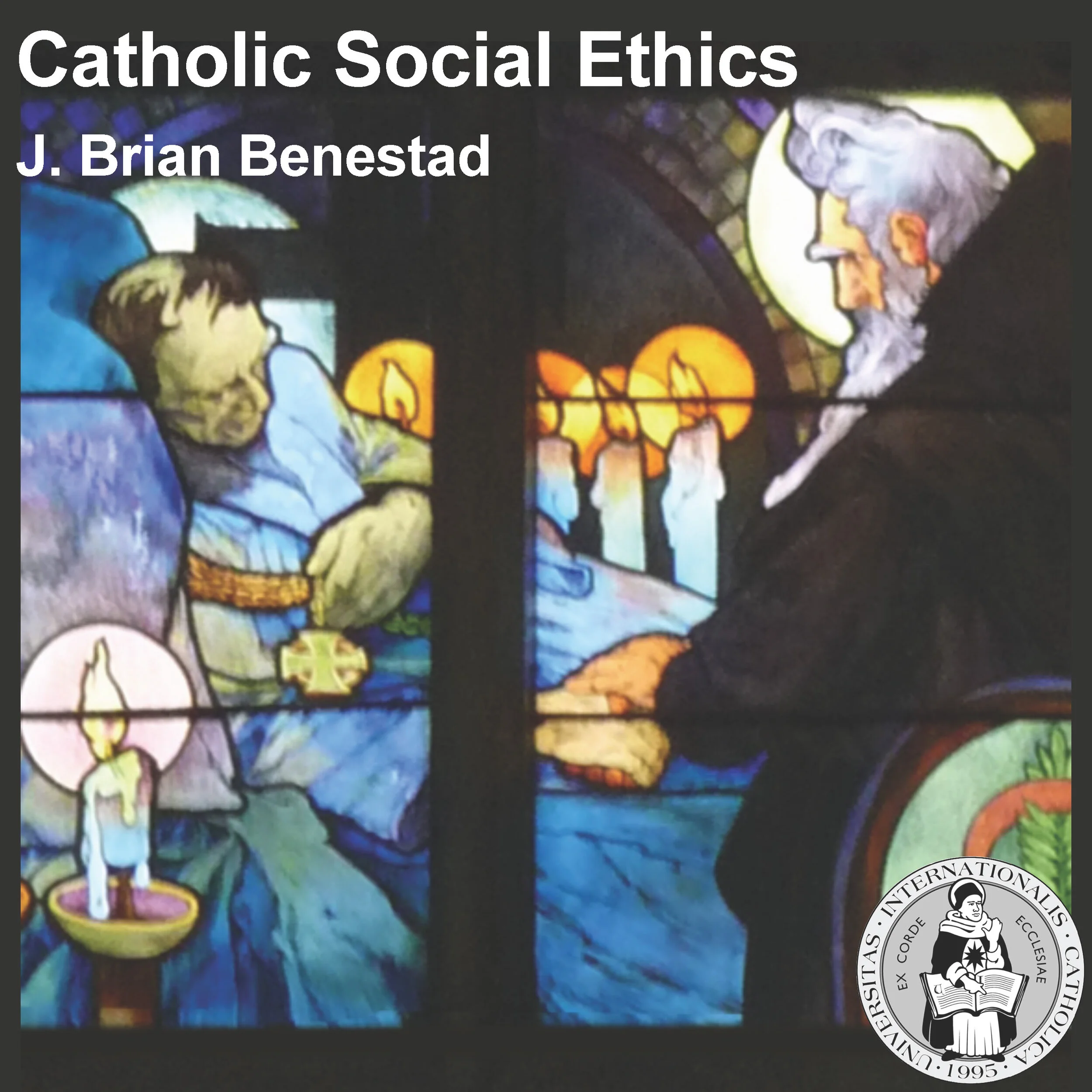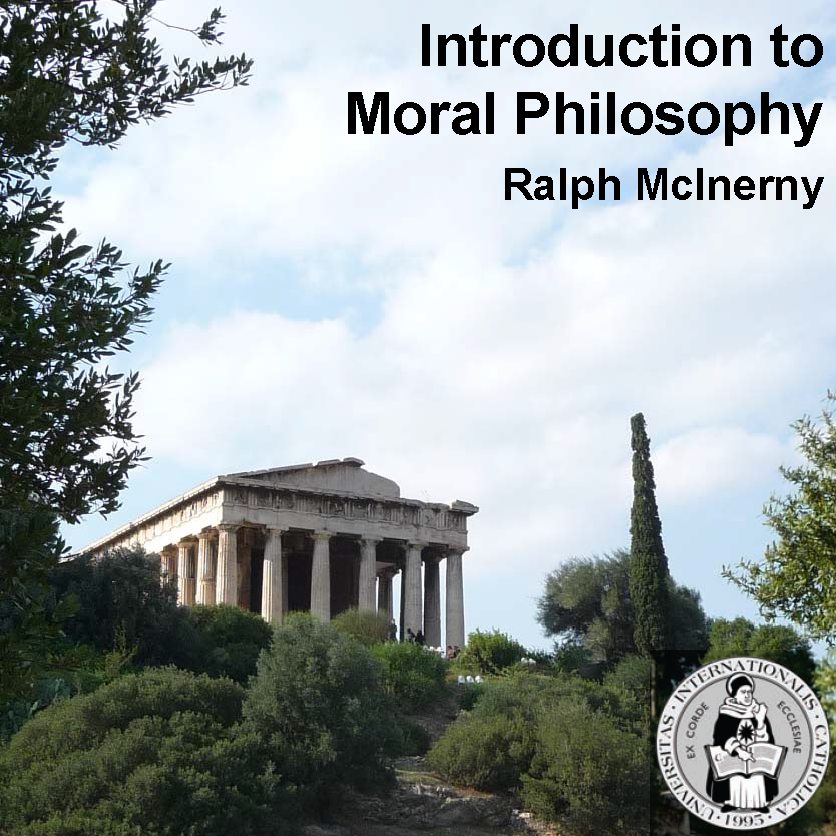Philosophy for Theologians
Rev. Benedict M. Ashley, O.P.
International Catholic University Classics Collection, recorded in 2000
The aim of the course is to explain the ways Scripture, the documents of the Church, and the writings of theologians use “philosophy,” understood in its broad, original sense as the whole scope of purely human knowledge, to express, explain and communicate God’s revealed Word to different cultures, including our own.
30-minute lectures
Why Theologians Need Worldly Knowledge
Why Theologians Must Choose an Epistemology
Why Theology Has Difficulty with Modern Philosophy
Why Theologians Must Know the Liberal Arts
Science and Religion: Kant, Newton, Einstein
The Human Person: Descartes, Heidegger
Ethics and Politics: Kant, Hume
Technology and Environment
History: Hegel, Thucydides
Creation
Incarnation
The Church
Students of theology often wonder why they are required to take courses in philosophy that seem to be a history of a welter of obscure opinions that lead nowhere. Yet as John Paul II has pointed out in his encyclical Fides et Ratio (Faith and Reason) theology is "faith seeking understanding." God has spoken to us in the language of our own way of understanding derived from our own human experience. Consequently if we are to understand what God is telling us about the divine reality we must compare that revelation with what is told us through God's creation as we know it through our natural senses, imagination, and reason. Formerly the term "philosophy" was often understood to be a "metaphysics" or "science of being as being." Today the term is often taken in a very narrow sense to be the clarification of the languages of the various sciences. Originally, however, "philosophy" included all kinds of knowledge of which human beings are naturally capable and was thus contrasted only to theology in that the latter was the study of the revealed Word of God received not by reason but by the gift of faith. This course will deal with "philosophy" in this original broad sense as the whole scope of purely human knowledge as it is used by theologians in precise, critical ways to understand revealed truth. The aim of the course, therefore, is to help students of theology understand the ways the Scriptures, the documents of the Church, and the writings of theologians use purely human knowledge to express, explain, and communicate God's revealed Word to different cultures especially to our contemporary culture dominated by modern natural science and technology.
1) Do you as a student of theology resent philosophy requirements? If so, why?
2) What is your conception of "philosophy?
3) What do you think is the relation between "revealed truth" and "human truth?."
4) Is philosophy absolutely necessary for theology or only very helpful?
5) What does it mean to say that theology "interprets the Gospel to our culture?"
Listen to the full catalogue of Catholic Thinkers courses on your favorite podcast format:
iTunes | Google Play | Stitcher | Spotify | Audible
Terms of Use. Catholic Thinkers media is copyrighted material. However, we have made it free with the expectation that it will be shared and used by many. If you share what you see here, please acknowledge your source, and send people our way to find more. You or your organization may not benefit financially from use of our media without written consent. Please continue reading for full terms of use, and contact us with questions or requests: info@catholicthinkers.org
Study Materials
Lessons, supplementary reading, suggested assignments.






